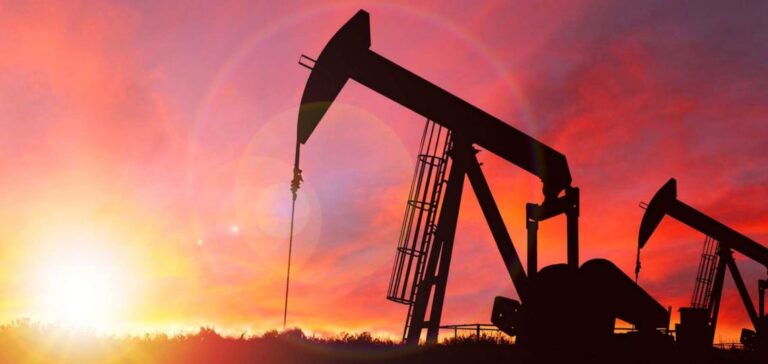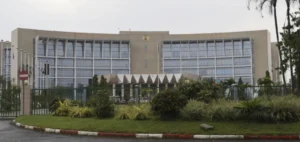Oil prices were boosted Tuesday by speculation that the Organization of Petroleum Exporting Countries and their allies (Opec+) would cut production, while natural gas
was suffering from mild weather forecasts in Europe.
By 10:20 GMT (12:20 in Paris), a barrel of Brent North Sea for December delivery was up 1.11% to $89.85.
A barrel of U.S. West Texas Intermediate (WTI) for delivery in the same month gained 0.94% to 84.52 dollars.
As the economic outlook deteriorates around the world, Opec+ could decide on Wednesday to limit its extractions in order to reinvigorate crude prices which have fallen over the summer (-27% for Brent and WTI since the beginning of June).
The announced drop in production could reach one million barrels per day, according to many analysts.
But in reality, “the actual production decline would be much smaller, as many countries are already pumping less than their targets” because they do not have the capacity to meet their quotas, ING analysts point out.
By cutting production, Opec+, led by Saudi Arabia and Russia, would not be responding to calls from consuming countries, which would like to see Middle Eastern producers compensate for Moscow’s export declines since the start of the war in Ukraine.
“Opec+ had signaled its willingness to limit production at its last meeting and prices still fell, so further reducing supply to the market is important for the group to maintain credibility,” said Stephen Innes, analyst at SPI AM.
On the gas side, the Dutch TTF futures contract, the benchmark for natural gas in Europe, cost 166.50 euros per megawatt hour (MWh) after falling to 159 euros, a level not seen since July.
Weather forecasts for Europe promise mild temperatures for the next few weeks, which should weigh on demand and give “hope that the damage caused by the lack of supply from Russia will not be as severe as expected,” commented Jim Reid, analyst at Deutsche Bank.






















